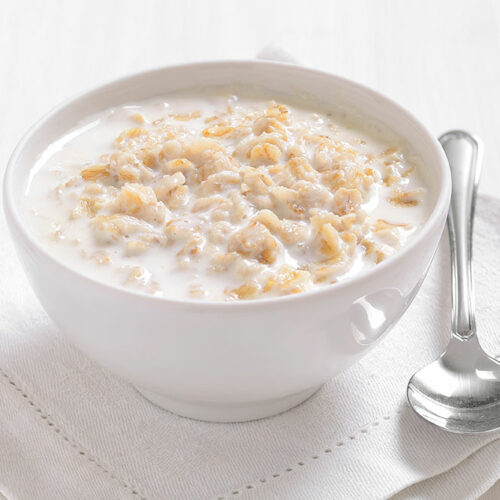Subtle signs of growth hormone deficiency

In the complex interplay of hormones that regulate bodily functions, the growth hormone plays a crucial role. It’s the conductor that ensures that the body grows and repairs itself, but when it falters, it can lead to a series of health issues. This article explores the subtle yet significant signs of growth hormone deficiency (GHD). Understanding these less-discussed indicators can empower individuals to seek timely health attention and potentially improve their quality of life. Lingering youthful features One of the more distinctive signs of GHD is the preservation of youthful features well into adulthood. While many may see this as a blessing, it often masks an underlying health issue. Adults with GHD may maintain the appearance of a more youthful face, characterized by smoother skin, fewer wrinkles, and even a higher-pitched voice. This phenomenon is due to the slowed progression of facial bone growth, as growth hormone deficiency affects the development of facial bones. Although this may seem desirable, it serves as a valuable early warning sign to consider. Delayed development in children In childhood, GHD manifests as a delay in physical development. Children with GHD often exhibit shorter stature compared to their peers. While this might be initially attributed to genetics, it becomes more apparent when growth lags significantly behind expectations.






